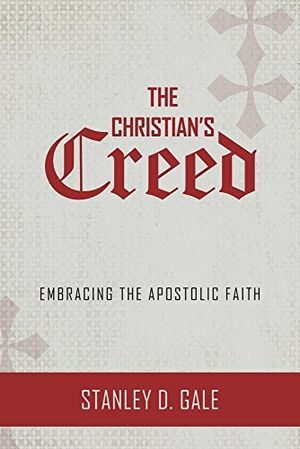This book aims to provide a simple expression of the core beliefs of the Christian faith. What better way to do this than to work systematically through the Apostles’ Creed?
There has been a recent survey in order to answer the question: ‘How much do people in Britain today know about God, the Bible, or Jesus Christ?’ The short, unsurprising answer is not much. But it appears that there is more theological ignorance than hostility, many answers to questions being ‘I don’t know’. This book could be a useful tool to dispel ignorance.
The introduction to this book on doctrine (first published thirty years ago) speaks of the author’s ‘fear of pumping out another thick, boring book on doctrine that looks good but reads bad’. This book is certainly not thick, and in the reviewer’s opinion certainly not boring. There is a conscious effort to maintain interest and keep the language as simple as possible.
As well as being educational, the book has devotional value and would be suitable for use in ‘quiet times’.
As the reader progresses, he can meditate on the glorious themes of the gospel, from ‘I believe in God the Father, Maker of heaven and earth’, to ‘I believe in… the resurrection of the body and the life everlasting’. Most of us can recite the Lord’s prayer; wouldn’t it be good if we could all (not just Anglicans familiar with the liturgy) recite the Apostles’ Creed.
There are particular insights that warm the heart: ‘Recite John 3:16 and leave out “should not perish” and the potency of what God has done is lost. The love of God shines gloriously against the ominous backdrop of perishing… for sin’s guilt’ (p.36).
A useful addition to assist the church in its teaching ministry.
Richard Atherton
Whitby




